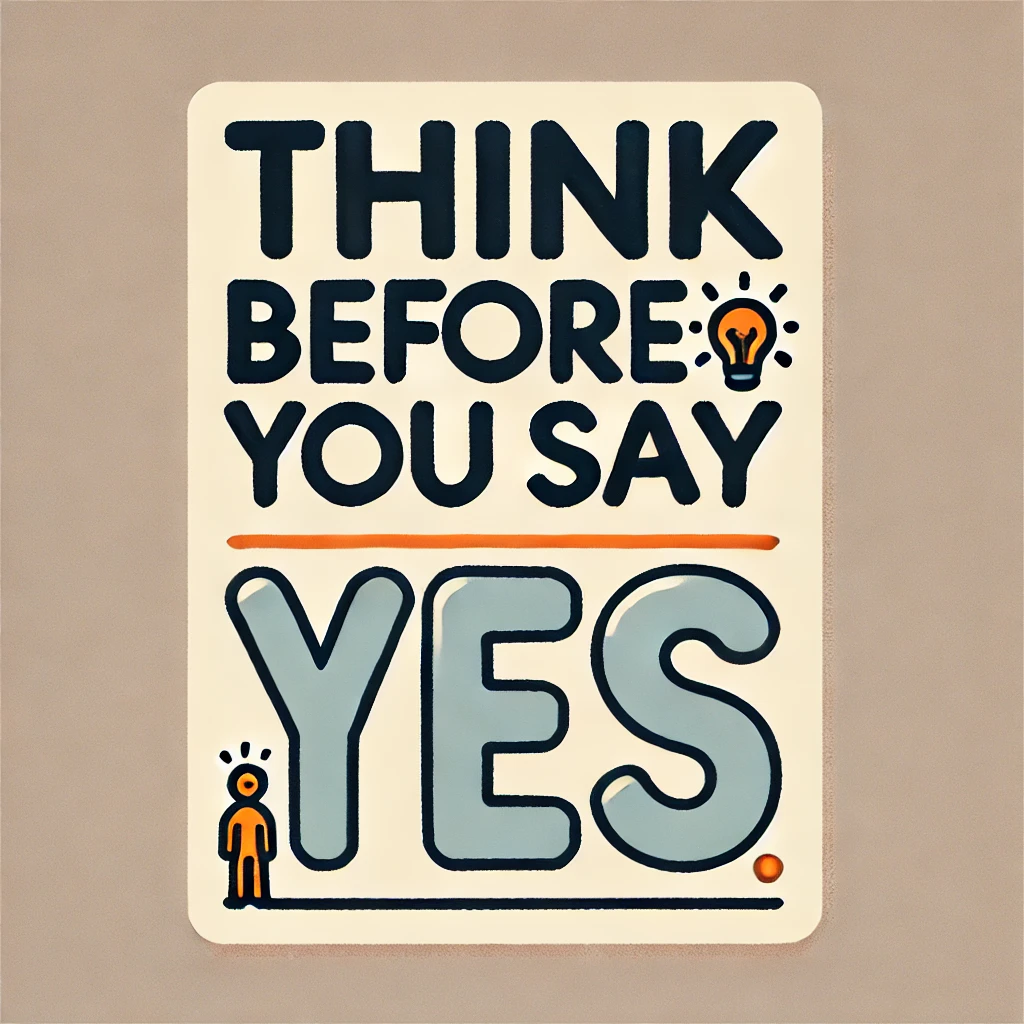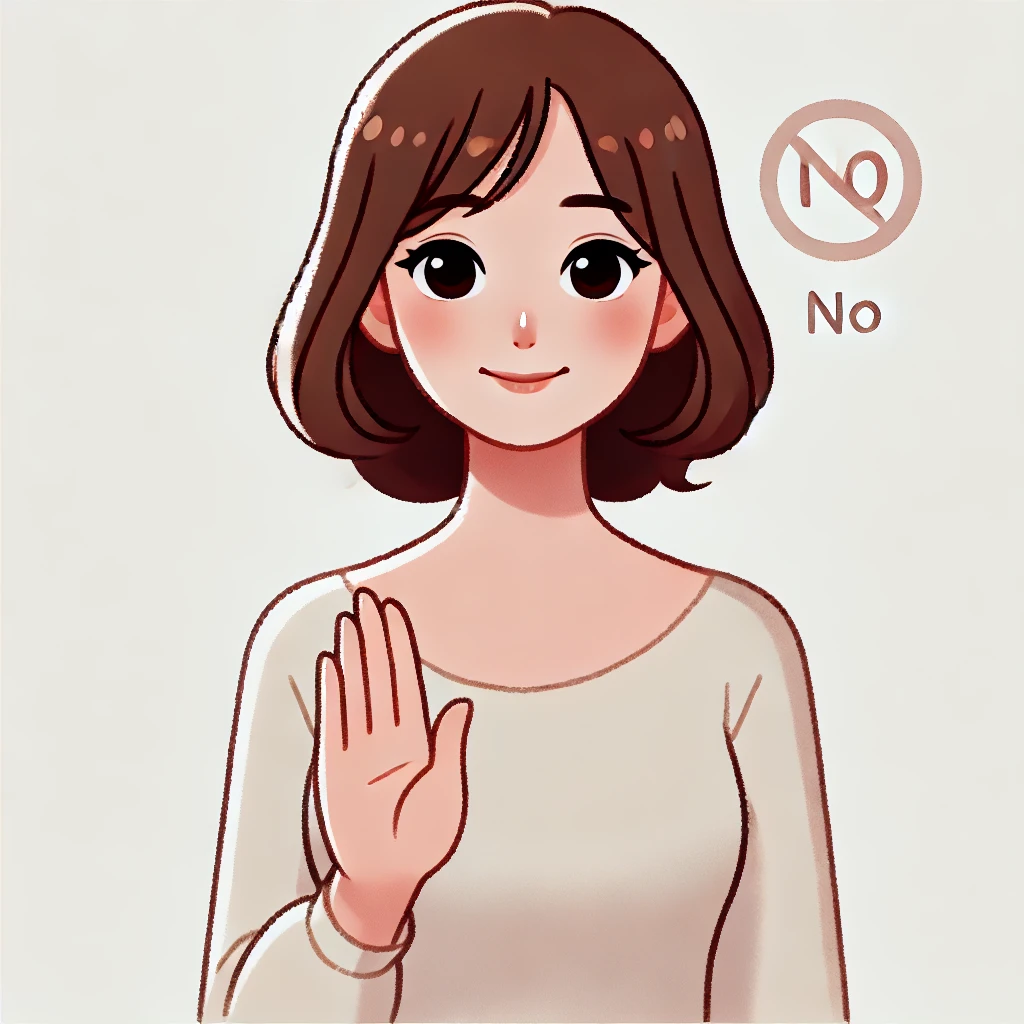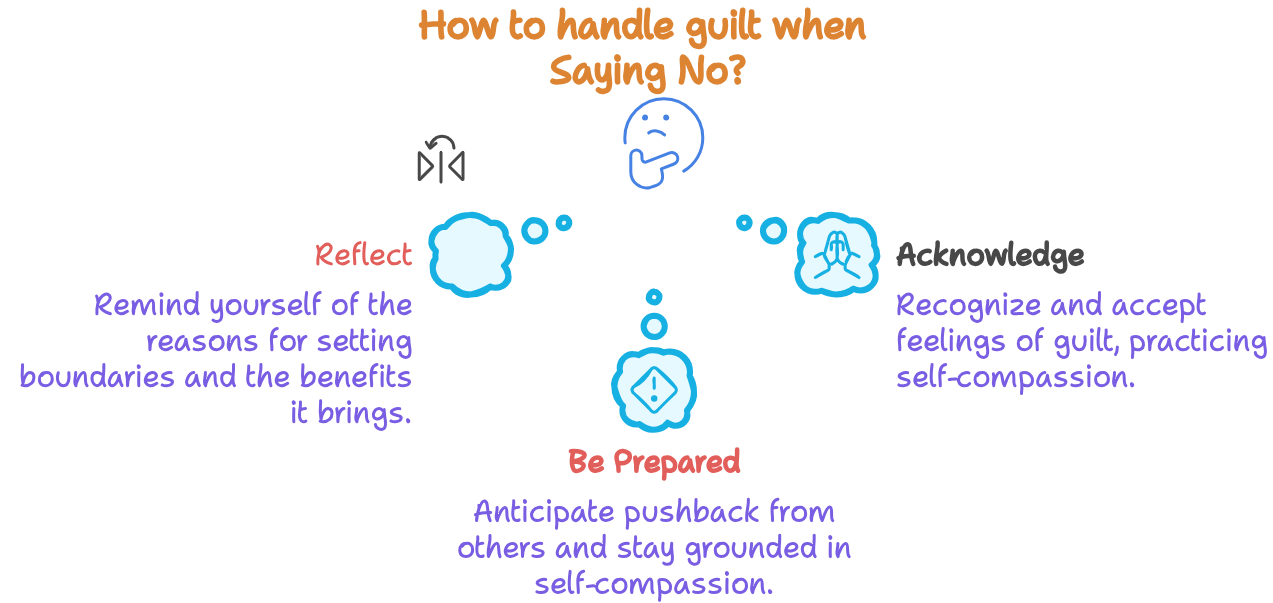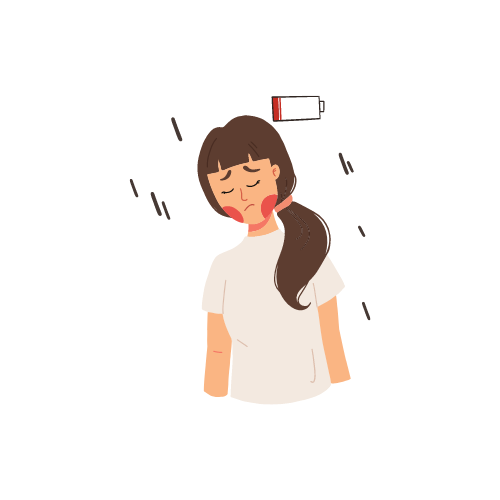
ADHD Strategies for Saying No: Practical Tips to Set Boundaries and Reduce Overwhelm
Navigating life with ADHD can feel like you’re constantly juggling too many tasks while trying to meet everyone else’s expectations. For women with ADHD, saying no can be incredibly challenging. Whether it’s a fear of disappointing others, anxiety about not being liked, or the impulse to say yes too quickly, many of us find ourselves overcommitting—even when it comes at our own expense.
Saying no is not just about setting boundaries—it’s about reclaiming your time, energy, and mental well-being. It’s a powerful tool for managing ADHD symptoms and living a more balanced, fulfilling life. Let’s explore why this skill is so crucial for women with ADHD and how you can start practicing it today.
Why ADHD Makes Saying No Harder
Women with ADHD face unique challenges that make saying no more difficult:
- Impulsivity: Quick yeses often come without fully considering the consequences. You might agree to something now and later realize it adds unnecessary stress.
- People-Pleasing Tendencies: The desire to be liked and fit in can make it challenging to assert your own needs. You may worry that saying no will damage relationships or make you seem uncooperative.
- Difficulty Prioritizing: ADHD can blur the lines between what's essential and what's not, leading to overcommitment and burnout.
- Fear of Missing Out (FOMO): The worry that you might miss something exciting or important can make you say yes, even when overwhelmed.
Example: Imagine you’re asked to join a last-minute project at work. Even though you’re already swamped, your impulse is to say yes because you fear missing out on a potential opportunity. Later, you realize this decision only adds to stress and distracts you from your priorities.

The Benefits of Embracing No
While saying no can feel uncomfortable, especially at first, it offers significant benefits for women with ADHD:
- Reduces Overwhelm: Each no helps keep your commitments manageable, reducing the overwhelm that often accompanies ADHD.
- Increases Focus: By saying no to distractions, you can better focus on the tasks and activities that truly matter to you.
- Boosts Self-Esteem: Asserting your needs builds confidence and reinforces your self-worth. It reminds you that your time and energy are valuable.
- Improves Relationships: Healthy boundaries lead to more honest, balanced relationships where your needs are respected. People start to value your time as much as you do.
Reflection: Think about a recent time when you said no. How did it impact your day? Did you feel more in control of your schedule? Reflecting on these moments can reinforce the positive effects of boundary-setting.
ADHD Strategies for Saying No with Confidence
Here are some practical strategies, incorporating the insights from the Flourish Worksheet, to help you become more comfortable with saying no:
1. Recognize Your Limits
ADHD often makes it hard to gauge how much you can realistically handle. Start by recognizing your limits. When you’re aware of your capacity, saying no to things that might push you over the edge becomes easier.
Remember, “No” is a complete sentence—there’s no need to over-explain or justify your decision.
Action Step: Identify one area where you tend to overcommit. Make a conscious effort this week to say no to an additional task in that area.
2. Practice a Script
Prepare a simple, direct script you can use when you need to say no. For example, “I’d love to help, but I’m at capacity right now.” Rehearse it so it feels natural when the moment arises. Think of a role model or TV character confident in setting boundaries and channeling that energy.
Scenario Practice: Write down a situation in which you often struggle to say no. Script a firm yet respectful response. Practice it until you feel confident using it in real life.
3. Use Visual Reminders

Post sticky notes or set reminders on your phone that encourage you to pause before responding to a request.
A simple note like “Think before you say yes” can be a powerful tool. This pause gives you the moment you need to consider your own needs first.
Reflection: How often do you say yes before you’ve had time to think it through? Consider placing reminders where you frequently look, such as your desk or phone screen.
4. Create a ‘No’ Journal
Keep a journal to note situations where you said no and reflect on the outcome. This can help you see the positive impact of setting boundaries and reinforcing the habit over time. Documenting these experiences also enables you to manage the guilt that sometimes accompanies saying no.
Journaling Prompt: Reflect on a recent instance where you successfully said no. How did it make you feel afterward? What did you gain by not taking on that extra task?
5. Delay Your Response
If you’re unsure, permit yourself to delay your response. Phrases like “Let me check my schedule and get back to you” buy you time to think it over, preventing impulsive yeses. This strategy is beneficial when you feel pressured to respond immediately.
Scenario Practice: The next time someone asks for your time or energy, practice saying, “I need to think about it and get back to you.” Notice how this pause gives you space to decide to honor your needs.
6. Focus on Self-Care
Prioritize activities that recharge you. When your needs are met, you’re in a stronger position to assess whether you can take on additional commitments. Saying no is a form of self-care—it’s about protecting your energy and prioritizing your well-being.
Reflection: List three activities that help you recharge. How can you prioritize these in your schedule this week? Remember, you’re better equipped to manage other responsibilities when you care for yourself.
Dealing with the Aftermath
Saying no can sometimes lead to guilt, especially for women with ADHD who might already struggle with self-doubt. Here’s how to manage that:
- Remind Yourself Why You Said No: Reflect on your reasons for saying no and the benefits it brought you. This can help mitigate any lingering guilt.
- Acknowledge Your Feelings: It’s okay to feel guilty, but don’t let it control your actions. Acknowledge it, and then let it go. Practicing self-compassion can help you navigate these feelings.
- Be Prepared for Pushback: Some people may not like your boundaries, and that’s okay. Stay grounded using self-compassion and support skills. Remember, their reaction is about them, not you.
Self-Compassion Reminder: After setting boundaries, remind yourself that it’s okay to feel uncomfortable. It’s a sign that you’re growing and prioritizing your well-being.

Celebrating Your Attempts- Not Just Your Wins
Every time you say no, you’re making progress. Make sure you celebrate each attempt at trying, whether you are successful or not. It isn't easy to change behaviors. Every small step is toward a more manageable, intentional life where your needs are just as important as everyone else’s.
Remind yourself that setting boundaries is essential to your adult self.
Write down reminders of why you are trying to say no and the benefits of doing so to reinforce your commitment to protecting your well-being when it's hard.
Celebration Tip: Each time you say no or try, reward yourself with a small treat or moment of relaxation. This positive reinforcement can help build your confidence in boundary-setting.
Resources
More Webpages
Conclusion
Learning ADHD strategies for saying no is a powerful tool for women. Saying no can help you take control of your life, protect your mental health, and decrease your stress.
Start small, be patient with yourself, and remember that every no is a yes to something more meaningful. By practicing these strategies, you’ll develop the confidence to set healthy boundaries that honor your needs and support your well-being.



